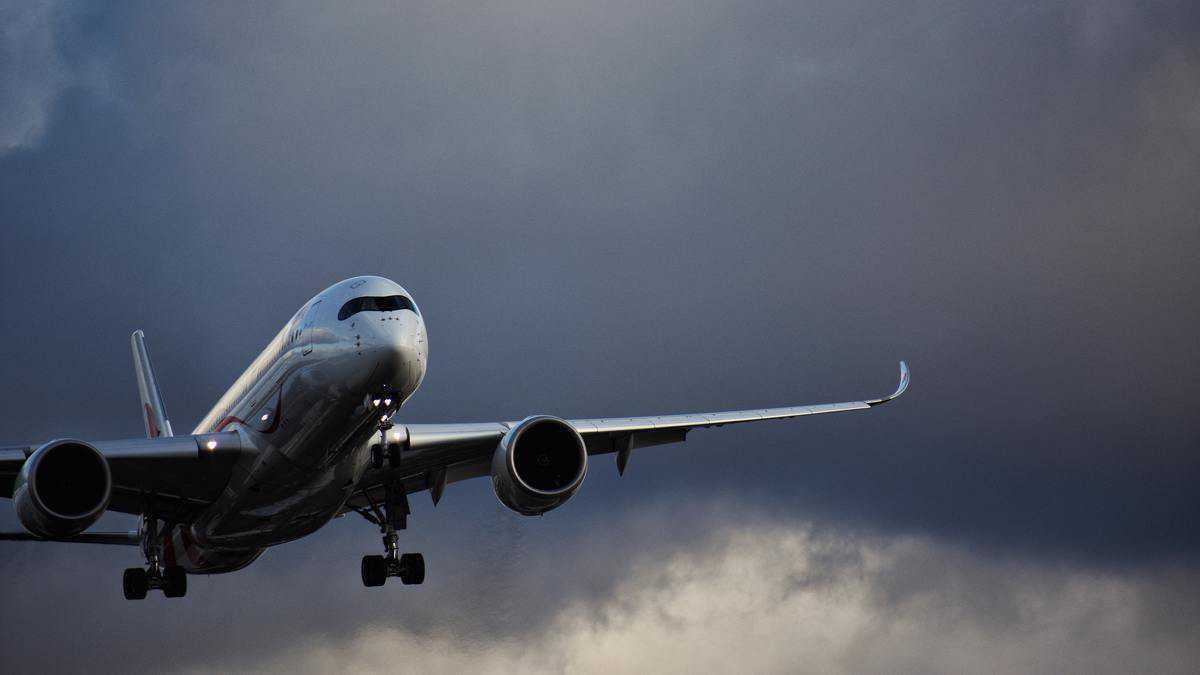Cathay Pacific, an airline operating out of Hong Kong, has suspended all long-haul freighter and cargo-only flights for a week following Hong Kong authorities’ decision to extend cargo crew’s quarantine period from three to seven days.
The decision represents the ongoing difficulty faced by exporters as COVID restrictions cause worldwide supply chains to break down.
Difficulty in Hong Kong
With the quarantine period increased, the number of pilots and crew available at any one time is reduced, making it difficult for Cathay to operate its regular flight schedule. This logistical issue is cited as the reason for Cathays’ freight suspension.
Cathay Pacific said in a statement, “In light of additional and more stringent quarantine requirements for Hong Kong-based cargo crew, Cathay Pacific Cargo will pause all long-haul (trans-Pacific, Europe, Southwest Pacific, Riyadh and Dubai) freighter and cargo-only passenger flights with immediate effect for a period of seven days, up to January 6th.
“We sincerely apologise for the disruption caused. We will be working with customers to mitigate the disruption as much as possible.”
For exporters moving goods into Hong Kong, the suspension represents a significant loss in cargo capacity. The news comes as shippers face a tight supply chain and are approaching an export rush ahead of the Chinese New Year.
The latest restriction changes are part of Hong Kong’s zero-tolerance COVID policy, which has been causing headaches for shipping companies since the beginning of the Pandemic.
In early 2021 FedEx pilots requested that the company stop layovers in Hong Kong because of stringent quarantine conditions. FedEx reported crews that tested positive for COVID upon arrival were forced into hospitalisation, with asymptomatic pilots kept in large communal settings with shared bathrooms.
Many airlines no longer change crews in China and Hong Kong, instead of making an extra stop in Japan or South Korea to prevent their pilots from being subjected to difficult conditions and any impact on operations.
Worldwide supply chain issues
Cathays story echoes the challenges logistics companies and exporters/importers are facing around the world. COVID restrictions coupled with pandemic demand are placing immense pressure on the world’s supply chains.
As the Omicron wave takes hold and governments tighten restrictions, logistics companies worldwide, from household names to small businesses, report being unable to find enough staff.
According to the International Road Transport Union, approximately one-fifth of all professional truck driving jobs are unfilled worldwide. The trucking industry had been long hit by labour shortages cargo airline crews are now facing in Hong Kong.
Faced with long weeks of quarantine and the precarious nature of crossing International borders, workers are enduring multiple isolation periods off the job, while others are looking for work elsewhere.
Simon Heaney, an analyst at maritime research consultancy Drewry, said, “2022 is shaping up to be another year of severe disruption, undersupply and extreme cost for cargo owners. The virus is once again showing it’s in charge,” he is predicting another 12 months of stretched labour and healthcare-related red tape.
From seafarers refusing to get back on ships, truck drivers whose concern over COVID-related border closures surpasses the lure of higher pay, to tightening airline quarantine restriction, the transport industry is in for another roller coaster year of supply-chain disruptions.
Read more:Looking to export to Hong Kong?
Read more:Australian exporters continue to target world’s largest economy
Keep up to date with our stories on LinkedIn, Twitter, Facebook and Instagram.

